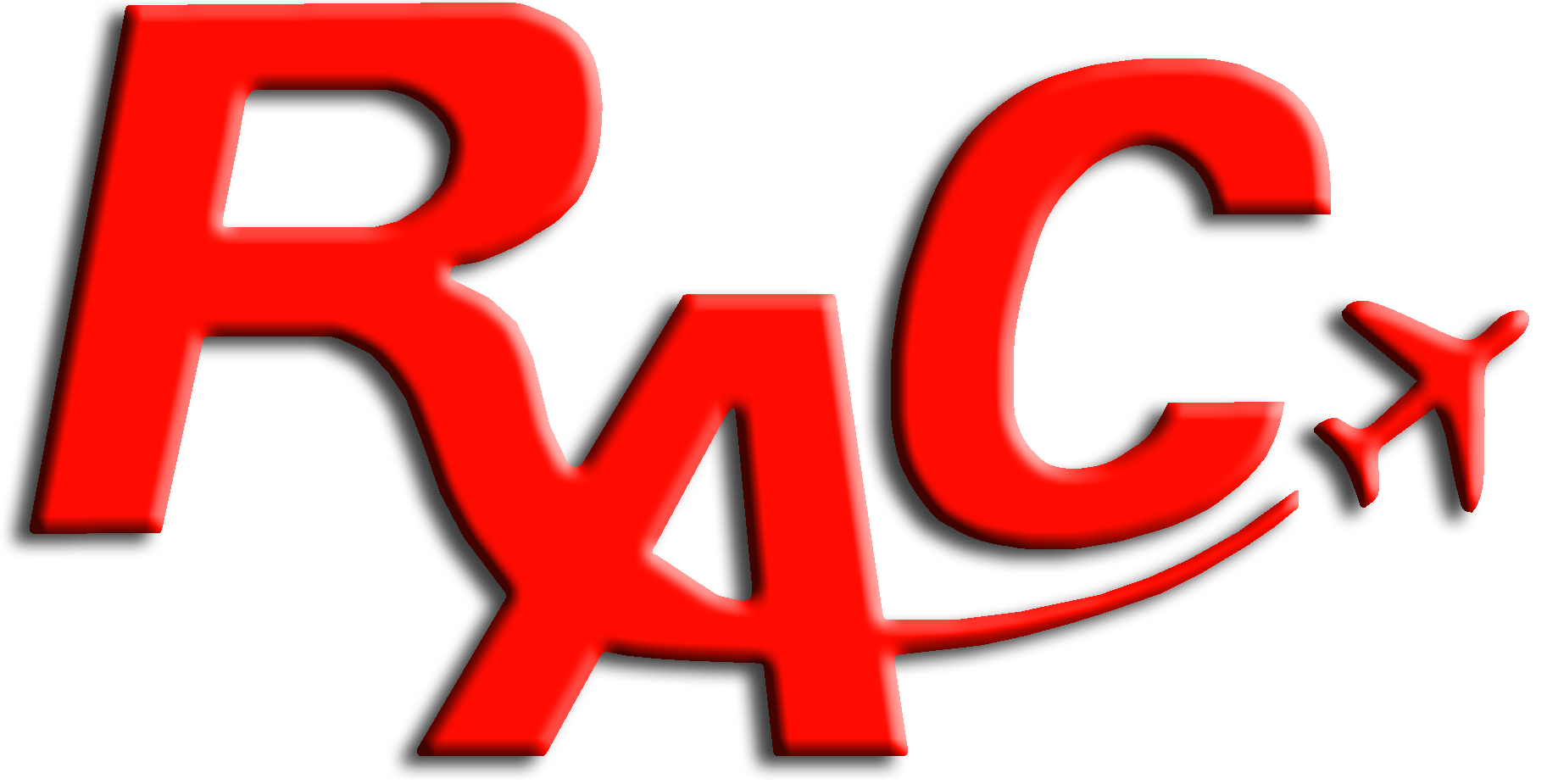Commercial Rating
Do you want to get paid to fly?
Why should I consider training for Commercial Pilot certification?
The commercial pilot certificate allows you to act as Pilot-in-Command (PIC) of an aircraft that is flown for compensation or hire. Simply put, you can get paid to fly! Earning your commercial pilot rating is an essential step on your journey to finding your dream aviation job, and it can open the door to many other opportunities. Additionally, pursuing the commercial pilot certificate is not necessarily just for those who want to fly for a living. There are countless benefits to completing higher-level flight training.
Do I need to have a Private Pilot certificate first?
Yes. Earning a private pilot certificate is a prerequisite. You must first possess a private pilot certificate before beginning commercial pilot training.
Do I need to have an instrument rating?
Although the instrument rating is not a legal prerequisite to obtaining a commercial pilot certificate, it is highly recommended. Without an instrument rating a commercial pilot is subject to restrictions such as being prohibited from flying for hire at night or traveling more than 50 nautical miles from their home airport. Most pilots prefer not to incur these restrictions, so they obtain the instrument rating before pursuing a commercial pilot certificate.
What is involved in Commercial Pilot training?
Commercial pilot training takes the skills learned in private pilot training to the next level. You will begin the transition into larger, faster, and more complex aircraft. You will gain a better understanding of weather, airspace, aircraft systems, and aerodynamics. You will become proficient with high performance maneuvers such as lazy eights, chandelles, and eights on pylons which are designed to divide your attention between outside visual references and flight instruments inside the cockpit. You will complete longer cross-country flights than you may have before, fly more solo time, and learn enhanced planning, coordination and timing skills which will allow you to pilot the airplane more precisely. Moreover, commercial pilot training is more than just learning precision. It will help you develop the confidence and attitude of a professional pilot and allow you to demonstrate mastery of the aircraft.
What jobs can I do as a Commercial Pilot?
A commercial pilot certificate is required for any type of flying where the pilot is compensated. Careers such as flight instructor, corporate pilot, aerial application, banner towing, skydive transport, pipeline patrol, sightseeing tours, traffic reporting, and more require a commercial pilot certificate.
Does a Commercial Pilot certificate qualify me to fly for the airlines?
Although people sometimes refer to airline pilots as commercial pilots, your commercial pilot certificate does not generally qualify you to fly for an airline. Pilots flying regularly scheduled air carriers under Federal Aviation Regulations (FAR) Part 121 must have an Airline Transport Pilot (ATP) certificate. The ATP certificate is the highest level of pilot certification in the United States. Under normal circumstances, you can only qualify for an ATP certificate after first earning a commercial pilot certificate and logging a minimum of 1,500 total flight hours. In some cases, it is possible to qualify for a “restricted” ATP certificate with fewer flight hours, providing you have completed specific flight training through an FAA approved university program. Rochester Air Center is a Flight Training Affiliate with Liberty University. Participating in our Liberty FTA program may allow you the opportunity to qualify for a restricted ATP with 1,000 hours! Visit our Liberty University page for more information.
Are there any other benefits to becoming a Commercial Pilot?
As an aircraft renter or owner, you may realize substantial savings on aircraft insurance. Companies may see you as less of a liability because you have an advanced certification and are more experienced. Annual insurance savings may even offset a portion of the cost of the training!
What are the basic Commercial Pilot certification requirements?
NOTE: FAA First-Class or Second-Class medical certificate are required to fly for compensation or hire.
Meet minimum aeronautical experience requirements:
